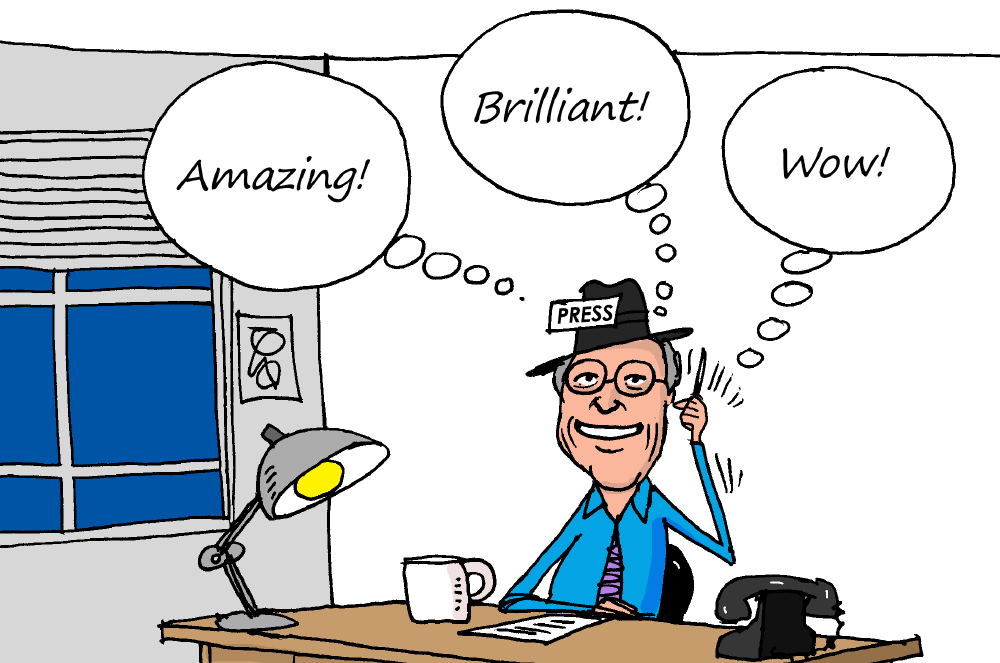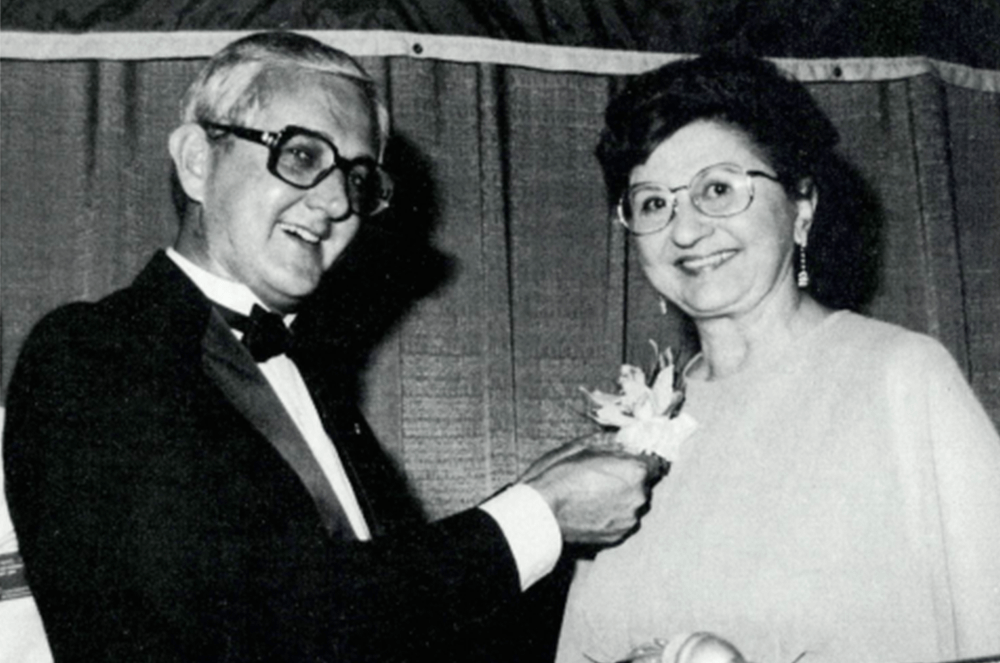
What was it like to be one of the first women in Toastmasters?
I recently asked this question of a woman who was, in fact, part of that pioneering group: Roberta Perry, DTM. The longtime Toastmasters leader, still a member, joined in 1974, about six months after the organization voted in the summer of 1973 to officially admit women as members.
Having researched and written so much about Toastmasters’ history for its 100-year anniversary last year, I was eager to talk to Perry. Over lunch, she told me about that time.
Once women became members, there were certainly men who “were extremely hesitant about having us strange things in their presence,” she notes, but says her experience was overwhelmingly positive. She joined the Seattle General Toastmasters Club in Washington state, and recalls there being around 25 men, and one other woman.
“They were extremely welcoming,” she says. “It was a very safe environment.”
When a man did throw up a roadblock, Perry wasn’t fazed. She simply rolled up her sleeves and showed why they were wrong.
Case in point: Early on, she wanted to serve in a District officer role and asked the District Leadership Committee to nominate her. However, a male committee member—a high-ranking international leader for the organization—didn’t feel a woman should be in that position, Perry says. He wouldn’t put her name forward.
She promptly signed up to be on a committee he was chairing. The next year, having watched how she worked, he advanced her name for the position.
She's grateful she had the support of a strong mother as a role model, one who “was insistent that I not stay in the shadows, that I be out and about.” That’s not to say she was confident as a speaker, even though her college degree was in public address and rhetoric. She laughs recalling her Ice Breaker. She was so nervous that she kept her hands in her pockets the entire time, even gesturing with them buried in there.
Perry has a seemingly boundless reserve of good stories, tidbits about the business world, and enthusiasm for Toastmasters. She joined the organization shortly after she was hired as a secretary for a national restaurant chain. She was eager to advance in the company, and the chain’s founder, Stuart Anderson, told her to join Toastmasters. And when you get there, he added, say yes to everything. It’s a philosophy Perry says she has lived by ever since.
Once a member, she improved as a speaker by leaps and bounds. When she started gaining more responsibilities at work, Anderson told her, “What I’ve noticed is that when you’re with the ladies, you’re confident, and when you’re with the men and you’re in meetings, you’re not as confident. I need you to be confident.”
Toastmasters, says Perry, “gave me the confidence I needed to be in front of men.”
She became the chain’s national director of entertainment, changing the arc of her career. (The pitch she made for the position to the company’s board of directors was drawn directly from the persuasive speaking strategies she had learned in Toastmasters, Perry says.)
She also took advantage of leadership opportunities in Toastmasters to further her career development. She took on officer roles at every level, ultimately serving on the Board of Directors from 2010 to 2012. Not only did she learn a great deal about being a leader, she says, but she broadened her cultural awareness.
In the 1980s, she switched her career arc again, this time to business development, overseeing audio and visual entertainment for theme parks, museums, and other high-profile venues. For the past nearly 25 years, Perry has run her own consulting business.
She’s had many mentors in Toastmasters, both men and women. One was Helen Blanchard, DTM, a trailblazing figure for women in Toastmasters, who was, among other firsts, the first woman to serve as International President.
I’ve read and written so much about Blanchard that she’s assumed a larger-than-life quality in my mind. The Toastmasters historian in me had to find out more. I asked Perry what Blanchard was like. “Helen was the embodiment of encouragement, and I never heard her say anything negative about anyone,” she replied. She added that Blanchard was also a great listener and question-asker—spending time with her was like “sitting with Socrates.”
Perry’s passion for Toastmasters continues. The Los Angeles-area resident belongs to four clubs and tries to provide guidance to young women in their careers.
She follows a dictum her mother constantly stressed: Always leave a place better than you found it. That’s why she is so intent on improving Toastmasters clubs. (Perry has launched more than 50 of them through the years.)
But she also wants to make something clear. “I try to help as much as I can,” she says, “but I can never give as much to Toastmasters as it has given back to me.”
Paul Sterman is senior editor, executive and editorial content, for Toastmasters International. Reach him at psterman@toastmasters.org.
Related Articles

Speaking Out
For the Love of Language

Toastmasters News



 Previous
Previous

 Previous Article
Previous Article